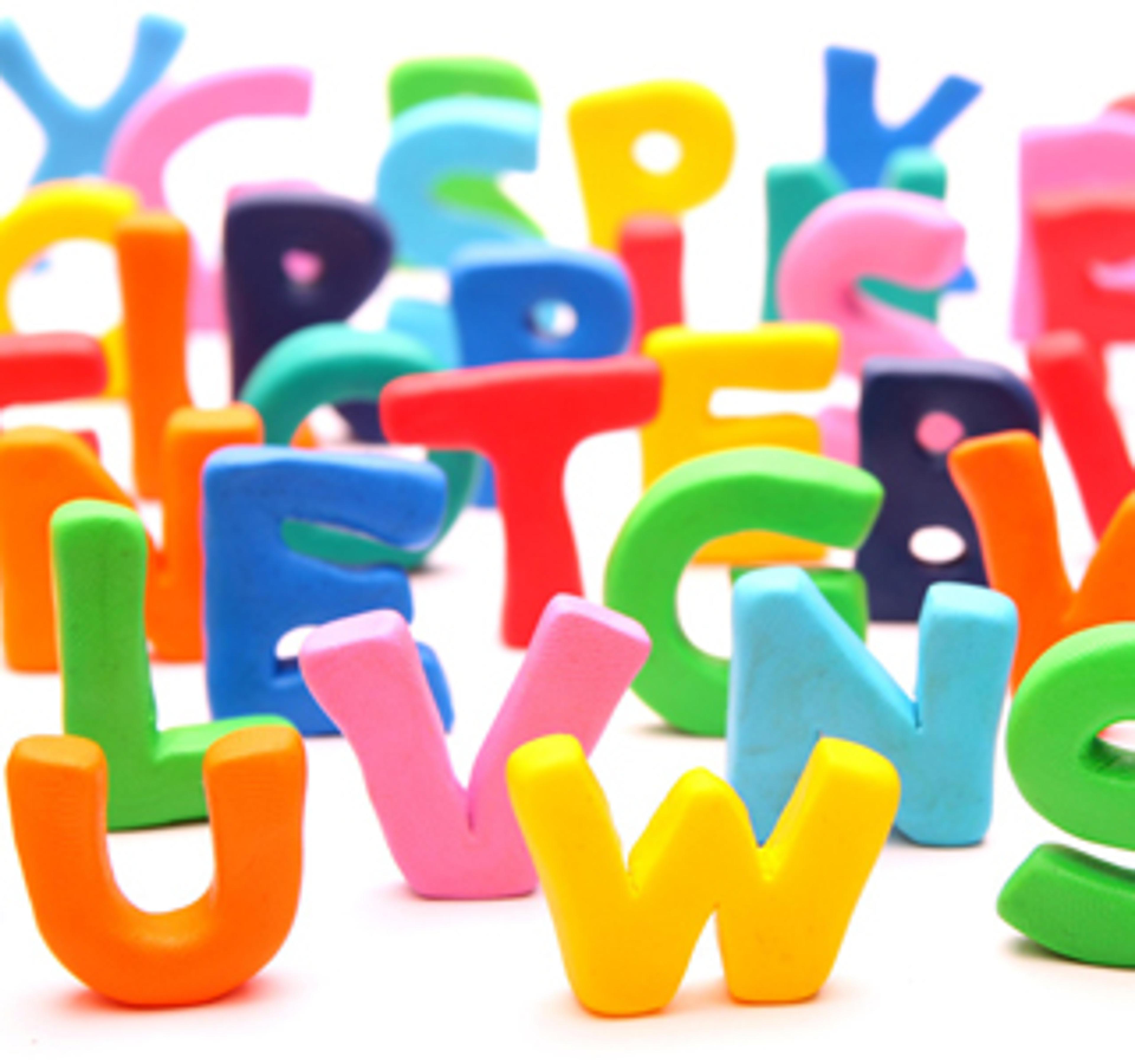
Summer Centre Spotlight: London Kingston
The Old Smoke.
Paschalis Angelopoulos
For some individuals, pronouncing English can be a tricky skill to master. Pronouncing English correctly is vital when it comes to speaking the language fluently and in a way that others can understand, and also to be able to understand the language, particularly when reading. This article is here to help English beginners or people who are struggling to pronounce words correctly, as well as highlight where they might be going wrong!
Every letter in the English language is pronounced differently. These letters add up to how words are pronounced, which gives every word in the English dictionary a unique pronunciation. We know it is not that easy to pronounce English letters or words, as some words are spelt differently, yet sound similar, which can be very confusing for non-native English speakers. For example, ‘knees’ and ‘niece’ can sound very similar to English learners. The way many English words are pronounced does not correspond with their spelling; this is another area where English learners are getting confused. Along with all of that, the English language has letters that, when combined, make the same sound as one completely different letter!

For example…
Other English learners find it confusing that some letters make different sounds in different words.
Another aspect of pronunciation that non-English speakers can find confusing is when words contain silent letters.
Our top tips to improve your pronunciation skills are:

Thank you for reading this blog on English pronunciation. We hope we have identified some of the key areas you may be struggling with and highlighted how you may be able to resolve your pronunciation problem! Good luck with learning English, and give us some feedback to let us know if our tips helped you.


The Old Smoke.

Learn more about our exciting Summer Centre in the heart of Dublin!

We're adding yet another new Summer Centre for 2024.
We use technology on our website to personalize content, customize and measure advertising, and analyze website traffic. By clicking OK, you agree to the use of these technologies in their entirety.
Learn more in our Privacy Policy.